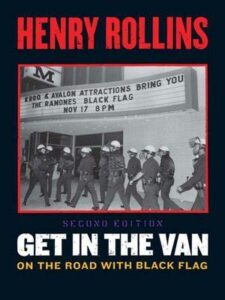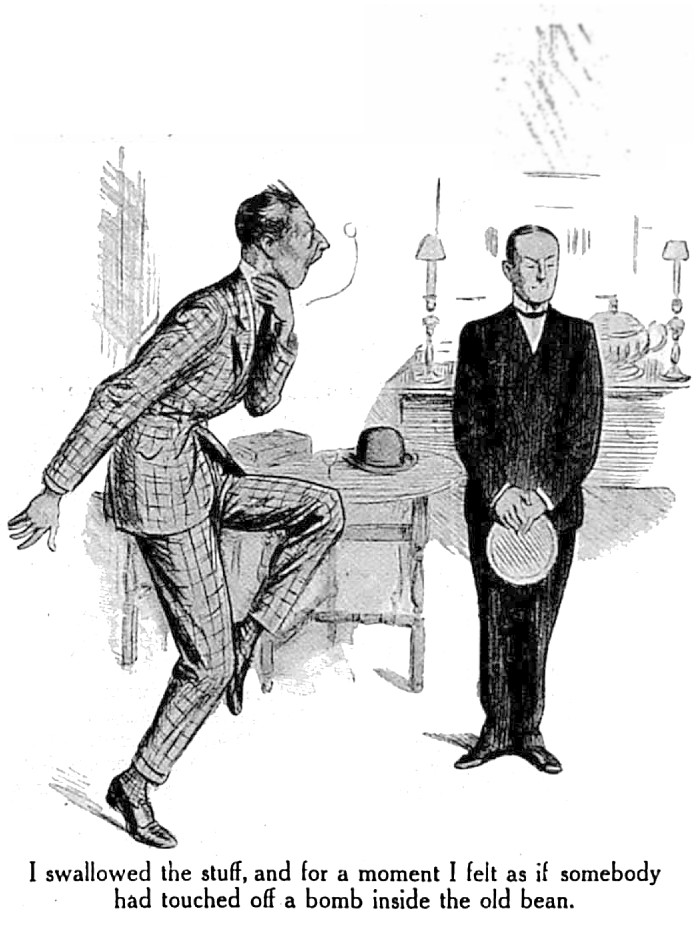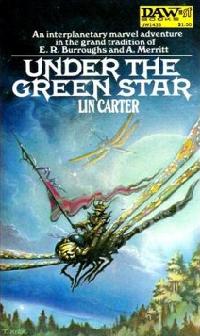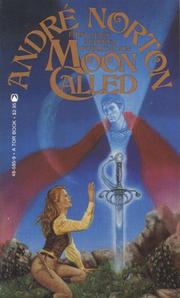I love an incongruous thought twixt seemingly unrelated media. This time it started with the film Ator: the fighting eagle, a sandals and sorcery yawner that even Rifftraz couldn’t make interesting. But I watched it enough to know that the bad guy was the Spider Lord. You could tell he was a bad guy because, duh, spiders.
The next day I read through P.K. Dick’s Do Androids Dream of Electric Sheep. In order to show use the android’s lack of empathy they take a captured spider away from their dimwitted host. “Cut off it’s legs ad see if it can crawl with only four of them”. While they sit and watch a TV celebrity (an undercover android) declare that empathy is a hoax, the android Pris is at the kitchen table with a pair of scissors, mutilating what could be the last spider in the building.
1st repeat of a theme is happenstance, the 2nd is coincidence….
My next read, Under the Green Star by by Lin Carter, a classic Burroughsian fantasy. I’ll talk about it more in my DAW reads. The pertinent part to our thread here is when the hero fights a a giant spider to save the obligatory princess. The spider is a monster, an “albino vampire”.
—and the 3rd is a communication…
“The Bugs are not like us. The Pseudo-Arachnids aren’t even like spiders. They are arthropods who happen to look like a madman’s conception of a giant, intelligent spider, but their organization, psychological and economic, is more like that of ants or termites; they are communal entities, the ultimate dictatorship of the hive…..Their warriors are smart, skilled, and aggressive—smarter than you are, by the only universal rule, if the Bug shoots first. You can burn off one leg, two legs, three legs, and he just keeps on coming; burn off four on one side and he topples over—but keeps on shooting. You have to spot the nerve case and get it . . . whereupon he will trot right on past you, shooting at nothing, until he crashes into a wall or something.”
We have in a short time random media introducing the spider as a loved pet, then a helpless mutilated plot device, a fierce adversary, and then our ultimate inhuman enemy in an interstellar war.
The last quote is from Robert A. Heinlein’s Starship Troopers, a novel I am struggling philosophical with as I re-read it three- and a-half decades since my first time through. It is Heinlein at his most right-wing, hiding behind ‘hip libertarian’ language. But notice the image of the 4 legged spider brought back. Here again the android, in this case Heinlein’s military mouthpiece in his power-armor, mutilating the spider. It’s ok for our military hero though, he has an alien opponent whom he has further ‘othered’, calling them “Bugs”.
This is what dehumanizing, ‘othering’, does. It is us giving ourselves permission to ignore our empathy so that we may create 4 legged spiders, ultimately dehumanizing ourselves.
 I won’t lie, I didn’t always enjoy reading this book. So often I was having huge existential crisises, pondering pain and humanity’s systematic cultivation of poison to “relieve” said pain.
I won’t lie, I didn’t always enjoy reading this book. So often I was having huge existential crisises, pondering pain and humanity’s systematic cultivation of poison to “relieve” said pain.



 rfect choice.
rfect choice.